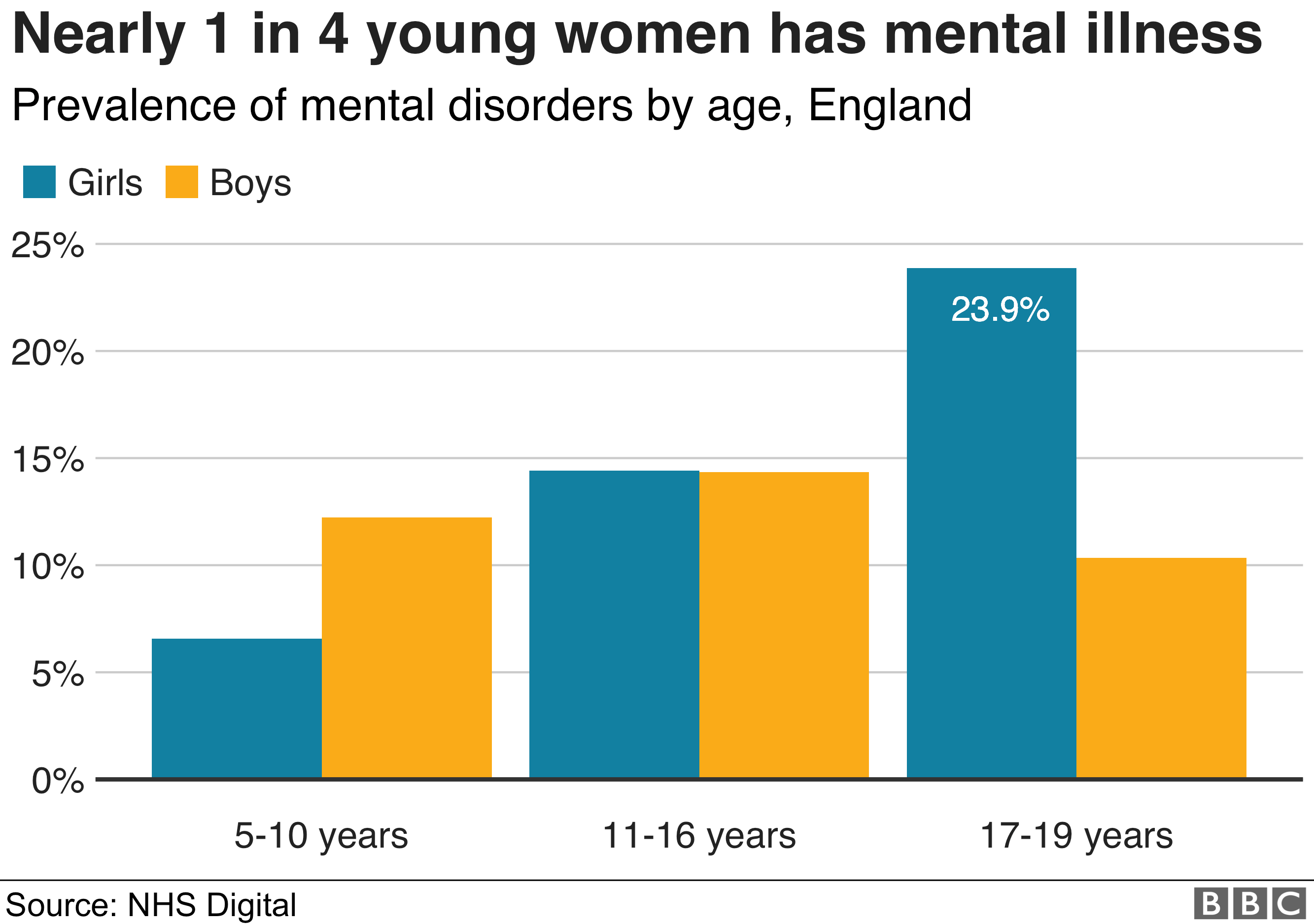
The rise in mental health issues is a growing concern in today’s society. There are several factors that contribute to this trend, including environmental factors, processed foods, single and absentee parents, social media, and drugs. Let us examine how each of these factors can contribute to the development of mental health problems.
Environmental factors can have a significant impact on a person’s mental health. Exposure to pollution, noise, and other environmental stressors can increase the risk of developing mental health issues such as anxiety and depression. Studies have shown that people who live in urban areas with high levels of pollution are more likely to experience mental health problems than those who live in less polluted areas.
Processed foods, which are high in sugar, salt, and unhealthy fats, can also contribute to mental health issues. Research has linked a diet high in processed foods with an increased risk of depression, anxiety, and other mental health problems. The chemicals and additives found in processed foods can also have a negative impact on brain function, leading to mood disorders and other mental health issues.
Single and absentee parents can also play a role in the development of mental health issues. Children who grow up in single-parent households or with absent parents are more likely to experience anxiety, depression, and other mental health problems. This may be due to the lack of emotional support and stability in the home environment, as well as the increased likelihood of experiencing traumatic events such as abuse or neglect.
Social media is another factor that has been linked to mental health issues. The constant pressure to present a perfect image on social media platforms can lead to feelings of inadequacy and low self-esteem. Cyberbullying, which is common on social media, can also contribute to mental health problems such as anxiety and depression. Furthermore, excessive use of social media can lead to addiction, which can also have negative effects on mental health.
Drugs, both legal and illegal, can also contribute to the rise in mental health issues. Substance abuse is a common co-occurring disorder with mental health issues such as depression and anxiety. Drug use can alter brain chemistry and lead to long-term changes in brain function, which can contribute to the development of mental health problems.
As a result, there are several factors that contribute to the rise in mental health issues in today’s society. Environmental factors, processed foods, single and absentee parents, social media, and drugs all play a role in the development of mental health problems. It is important to address these factors and take steps to mitigate their impact on mental health in order to promote overall well-being.




